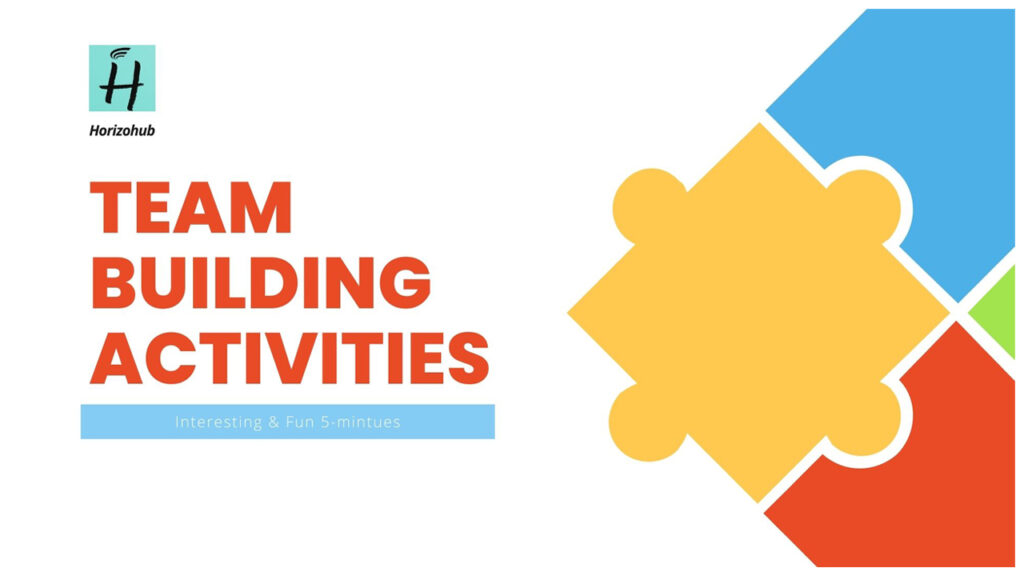Quite often the students believe that the more intensively they study the IELTS test kit the better they will do; however, it may not be the case. According to the research, this is the case on some occasions. However, an overload of information might breed poor decision-making. In this post you will het to know How to make wise decisions reading answers with explanation: ielts Test in detailed manner. So stay tuned!
We have more ideas than before, so we feel that we are smarter than others and we think about more things.
Key Takeaways
- Taking your time
- Considering all of your options
- Getting input from others
- Trusting your gut
- Ready to face consequences
In this regard, how can we be certain that we are taking prudent steps?
We can start for example by outlining some clear standards for the result we expect from a choice. It provides guidance also to avoid drowning in the details. Another helpful approach is to explore the possible long-term outcomes of our decision.
Also Read:- SaaS Analytics To Improve Business Economics
Wise decisions reading answers with explanation: ielts Test Sample Paragraph
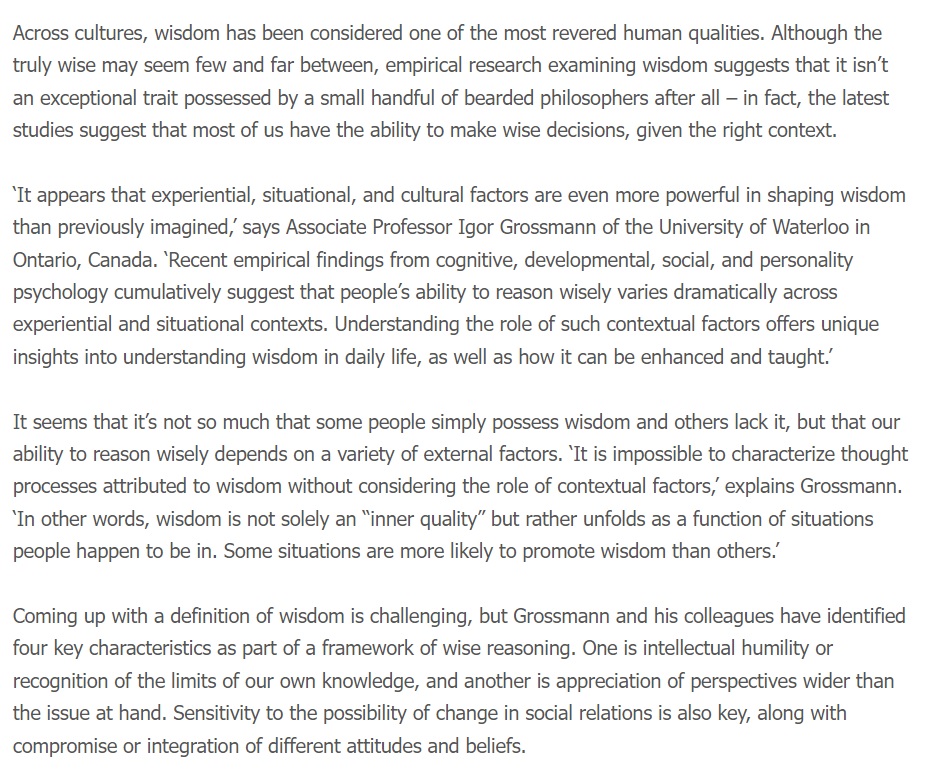
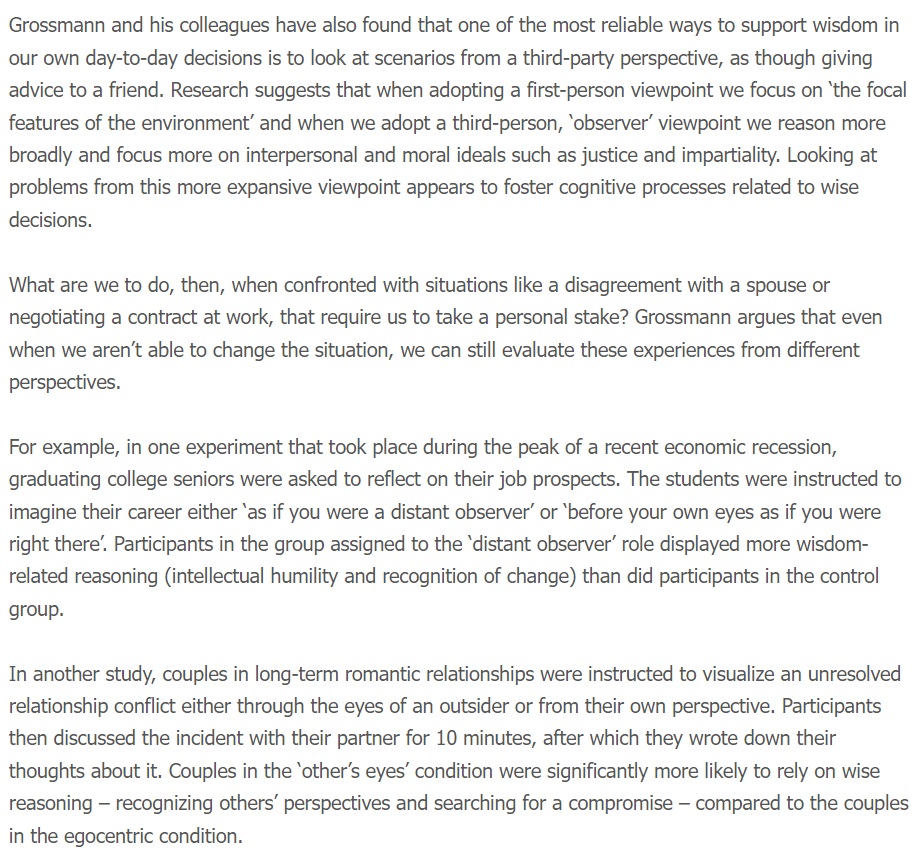
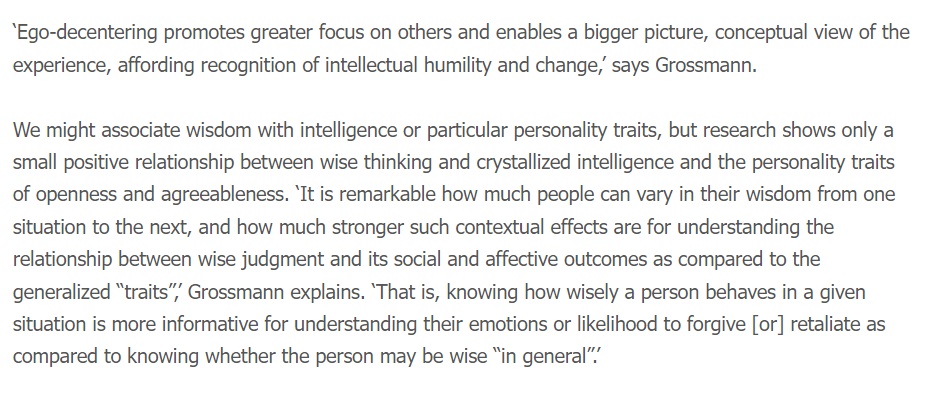
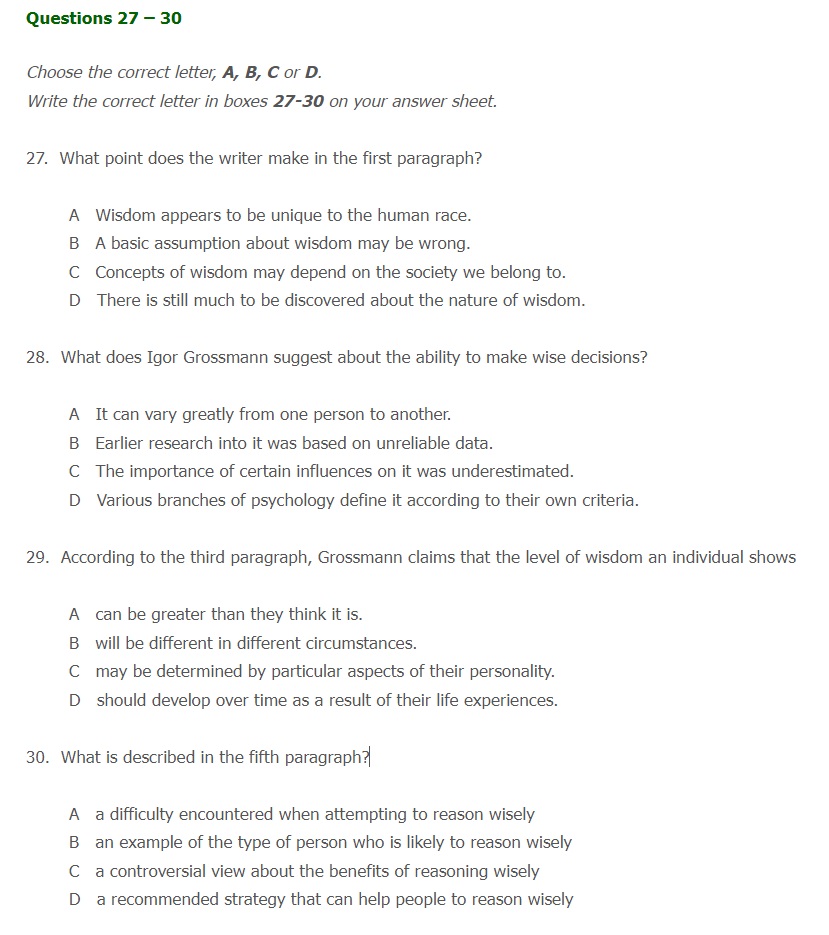
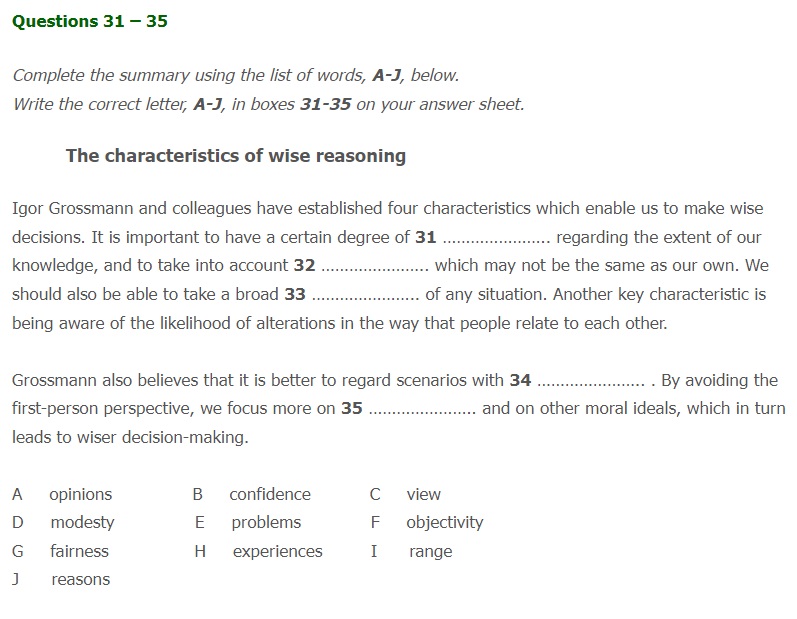
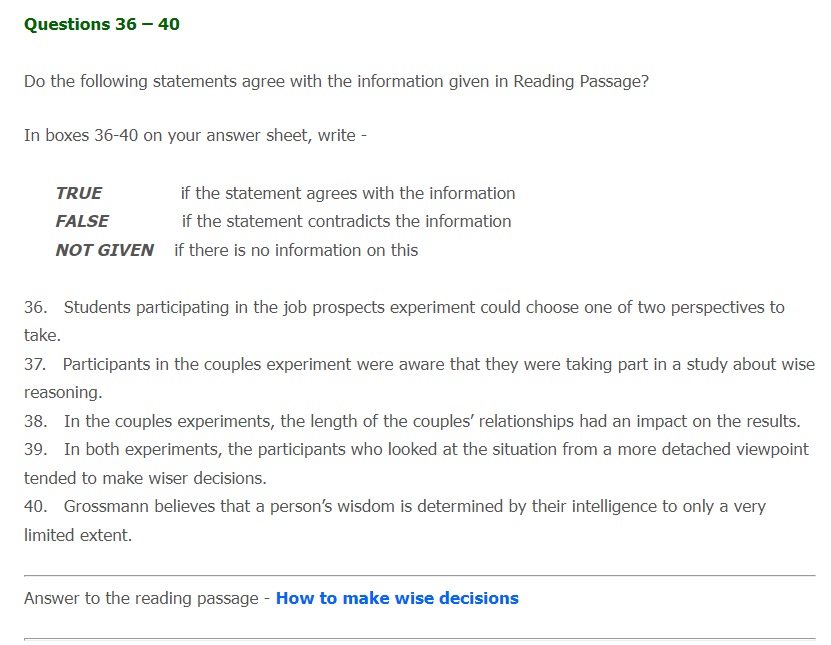
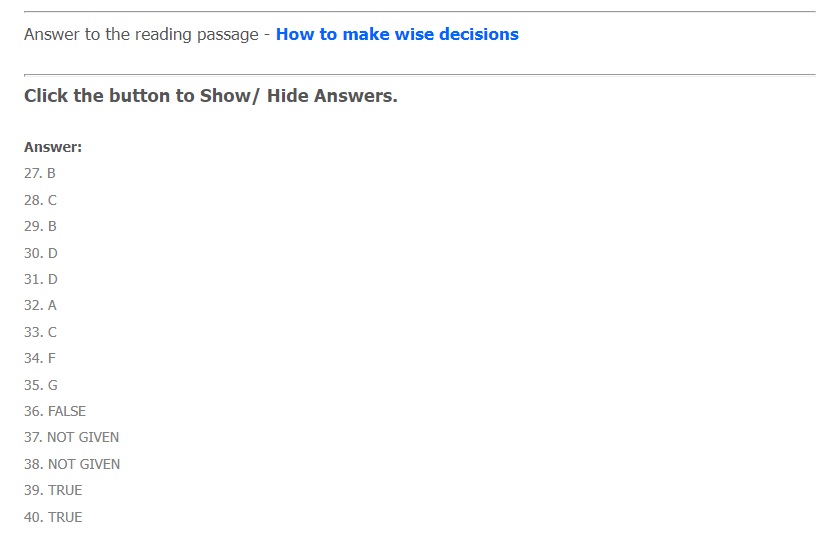
The Way to Make the Wise Decisions for the IELTS Reading

However, it is very important to study well before the IELTS Reading test after all well-made decisions require preparation, focus and strategic thinking. If you are not doing well in the reading section which constitutes a considerable part of IELTS band score, you are not on the right track.
Here are the tips that will help you to make the most appropriate decisions when you have to read questions.
Get to grips with the types of Texts
There are several different Reading task types you’ll encounter on test day:
- Multiple choice
- Short answer questions
- Matching headings
- Matching information
- Sentence completion
- Summary completion
- Diagram labeling
- Table completion
It is essential to ensure that you are familiar with the different types of questions that they will ask; to enable you to customize the techniques that you will use for each question. The multiple choice questions give you a chance to eliminate wrong choices while short answer questions need details to be retrieved. First, you have to do some research and find out about the different formats.
Owning Your Schedule Sensibly
- The Reading section is 60 minutes in duration and is a test with 40 questions.
- YOU HAVE ONLY 1.5 MINUTES PER QUESTION – time management is the key.
- In the beginning, have a first quick look at the whole text to notice the structure and topic (2-3 minutes)
- Afterwards, make your time budget for each question.
- Work through the questions in a systematic manner, going back to the passage to make sure your answers are correct.
- Don’t get yourself into this – the best way to do this is to take your best guess and then move on.
Yes with you know how practice goes it will be easier to pace. Give yourself timed practice tests to be better.
Utilize Focused Reading Strategies as a Reading Strategy
- Don’t read each word;- only seek in depth key ideas and details instead
- The phrases such as “according to the author” are the key points to note.
- Pay attention to how the organization builds statements with expressions like “for instance”.
- The idea of using images could be applied, for instance, with charts that provide extra information.
- Keep in mind you don’t have to understand everything completely but you can selectively learn.
Learn to read between the lines, and your eyes will start scanning for what’s important. In any decision-making process, time is gold, and sharper decisions are the result.
Systematically Paralyze Incorrect Options
For multiple choice:
- Employ the process of elimination ardently
- Scratch out the labels that go against the passage facts.
- It is also preferable to steer clear of choices with unreasonable expressions like “never” and “always”.
- Drop those too wide or too specific and then you can stay on the right path.
- Check which lines may go against the wording used in the passage.
The mentioning of four bad ideas as a way of discounting them creates a mental association which leaves the best idea to stand out.
Review to Retain Your Knowledge
- Re-read the puzzling ones to inculcate understanding.
- Analyze the reasons for the wrong responses – point out why the options are incorrect.
- Take memories of short section summaries right after you are through.
- Indicate the critical sentences and the underlying idea of the topic sentence in order to facilitate students’ understanding of the content.
The reflection itself will boost the habitual decision-making process, enforcing the reuse.
Master the Vocabulary
- Pay attention to repeated words and phrases – these are definitely the key
- Synonyms such as benefits or advantages is worth finding.
- Break down words meant to me by roots and prefixes/suffixes.
- Try to link the words to your own knowledge in order to remember them better.
One of the vital roles played by strong vocabulary is improving the pattern recognition and the making of inferences.
Applying the consequent strategies will help you in becoming a successful IELTS Reading test taker. When you are in the test mindset, attending to what is important and flexing your logic muscles, you are in the best possible position to exercise sound judgment. Be assured that the more you practice, the better you will become at making good decisions on the test.
Things We Can Do to Make Wise Decisions ielts Reading Answers
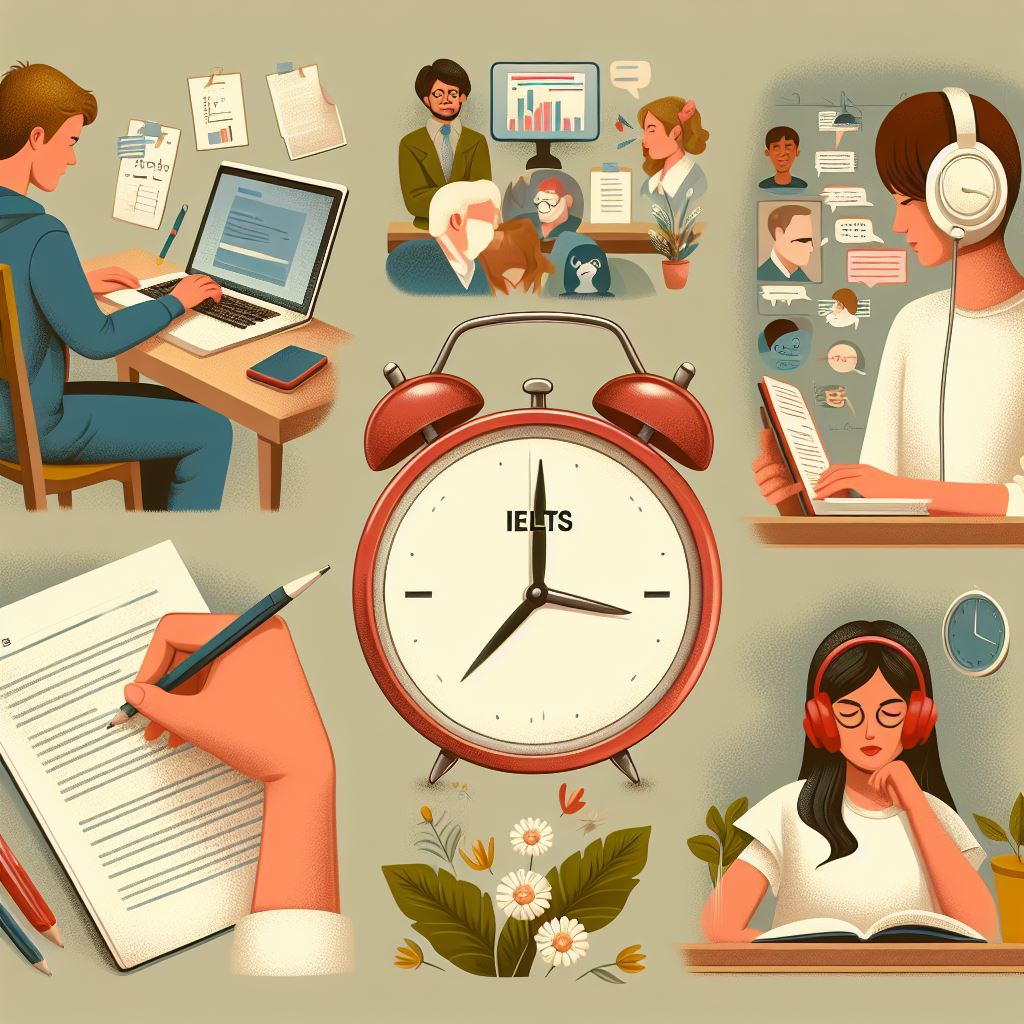
Decision-making is something that everyone has to deal with in their life. Every one of us has to do it some time, and, naturally, we would all wish to make the most favorable choices. The circumstances that we face sometimes deter the decision making skills we use every other day.
- Do not read answers immediately
- Read all the questions and answers
- Read in small steps
- Take breaks
- Scan the questions
- Make notes
- Know yourself
- Consider your options
- Weigh the pros and cons
- Follow your intuition
- Be prepared to accept the consequences
Let’s talk briefly:-
1. Do Not Read Answers Immediately
Exam Review Tips
- Avoid reviewing answers immediately after a test or exam to identify areas of improvement.
- Focus on understanding the question well rather than just getting the right content.
- Avoid erroneous beliefs about knowledge.
- Review answers quickly can reduce confidence and lead to doubts about initial responses.
- This can result in feelings of insecurity about one’s knowledge.
2. Read All The Questions And Answers
Preparing for Tests: Importance of Reviewing Questions and Answers
- Reviewing all questions and answers before a test increases chances of good responses.
- It helps understand the question and judge how to answer it.
- Minimizing mistakes reduces chances of higher scores.
- Continue reading articles for further appreciation and informed decision-making.
3. Read In Small Steps
Class Reading Tips
- Set a timer of 5-10 minutes for reading a small paragraph.
- Find a comfortable spot to rest.
- Reread information you don’t understand.
- Take a break if you still struggle.
- Continue pushing ahead as far as possible.
4. Take Breaks When Reading
Reading for Long-Term Benefits
- Relax eyes and rest between readings.
- Enhances concentration and attention to detail.
- Allocating 1 to 3 minutes every hour for rest helps stay engaged.
5. Scan The Questions When Reading
Preparing for Tests: Enhancing Focus and Productivity
- Focusing on test questions beforehand helps understand the main idea.
- This approach saves time and allows for focus on core data.
- Searching for keywords and concepts that answer questions during scanning.
- Understanding the main point of the text and its author’s motivation aids in effective reading.
- This approach reduces reading time and provides necessary information.
6. Make Notes When Reading
Note-Making in Reading
- Essential for tracking key points and information from text.
- Enables easy repetition of key points.
- Facilitates easy retrieval of important information.
Developing a Class Note-Organizing System
- Choose a system that suits your needs and is easy to understand.
- Choose a convenient method for organizing lecture notes.
- Ensure easy access to lecture notes.
7. Know Yourself When Reading
Understanding Reading Styles
- Acknowledge your reading style: type of materials, method of reading, and focus techniques.
- Choose suitable materials and strategies: make the reading process enjoyable and effective.
8. Consider Your Options For Answering
Effective Question Response
- Consider quick and thoughtful responses.
- Seek clarification if unclear on the solution.
- Consider stepping back and letting someone else lead.
- Choose the most suitable action for the situation.
9. Weigh The Pros And Cons Reading Answers
Assessing Sources of Information
- Pros: Enables gathering of extensive information.
- Cons: May lead to biases.
- Question: What is the origin of responses?
- Key points: Consider these when reading responses.
10. Follow Your Intuition When Reading Answers
Understanding Intuition in Decision-Making
- Intuition is an inner voice that guides decisions at specific life points.
- Rushing to decision-making can lead to doubts and confusion.
- Consultation with intuition ensures the best choice.
- Connecting with guiding feelings can be achieved by quieting the mind and asking the soul.
- Generally, responses are straightforward and straightforward.
11. Be Prepared To Accept The Consequences When Reading Answers
Online Search and Decision-Making
- Accept the logic of online answers.
- Understand what’s right and wrong.
- Be cautious when reviewing advice.
- Ensure information is confirmed by research and relevant to your situation.
- Use care and don’t get carried away with potential outcomes.



